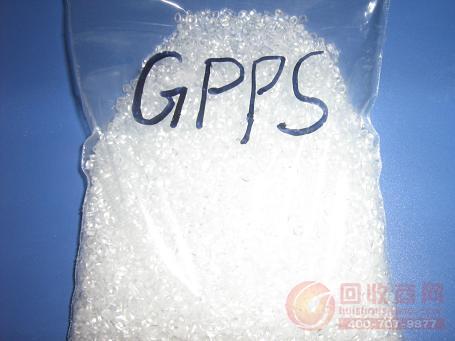FUJI Elevator Control Cabinet,Elevator Control,Passenger Elevator Control Cabinet,Elevator Door Motor Drive Suzhou FUJI Precision Elevator Co.,Ltd , https://www.profuji.com
General purpose polystyrene (GPPS)
Polystyrene (PS) is a polymerization of styrene monomer (SM), which can be polymerized by various synthetic methods. Currently, the industry mainly adopts bulk polymerization and suspension polymerization. The English name of polystyrene is Polystyrene, referred to as PS (hereinafter referred to as PS). PS is a thermoplastic non-crystalline resin, which is mainly classified into general-purpose polystyrene (GPPS, commonly known as benzene), impact-resistant polystyrene (HIPS, commonly known as benzene) and foamed polystyrene (EPS). .
Polystyrene was first industrialized by IGFarben in Germany in 1930, and in 1937 the United States began trade production. Currently, polystyrene ranks fourth in the world in thermoplastic resins, after polyethylene, polyvinyl chloride and polypropylene. At present, the world's styrene series of resin varieties have 30 to 40 varieties, nearly 100 varieties, more than 400 grades, the output of 11 million tons / year, and PS accounted for about 65%.
Due to the simple production process of polystyrene and abundant raw materials, it is currently produced in most countries and regions of the world.
China's polystyrene mainly has the production facilities and processes of foreign companies introduced by Sinopec, PetroChina and China National Offshore Oil Systems, as well as the production of joint ventures or wholly-owned enterprises of major foreign manufacturers in China, mainly for the domestic market. .
Polystyrene (PS) characteristics and applications
one. characteristic
1. GPPS features
GPPS is a colorless, odorless, odorless, shiny, transparent granule. Light weight, low price, low water absorption, good colorability, dimensional stability, good electrical properties, transparent products and easy processing.
GPPS is soluble in aromatic hydrocarbons, chlorinated hydrocarbons, aliphatic ketones and esters but only swells in acetone. It is resistant to certain mineral oils, organic acids, bases, salts, lower alcohols and their aqueous solutions. Low water absorption, maintaining its mechanical properties and dimensional stability in a humid environment. Excellent electrical properties, high volume resistance and surface resistance, independent of temperature and humidity changes, and not affected by corona discharge. Radiation resistance is also very good.
The main disadvantages of GPPS are that they are brittle and fragile, have low impact strength, are poor in heat resistance, cannot withstand boiling water, and can only be used at lower temperatures and lower loads. Poor sunlight resistance and flammable. It is black when burned and has a special odor.
PS application
General-purpose polystyrene, can be used in daily necessities, electrical, instrument housings, toys, lamps, household appliances, stationery, cosmetic containers, interior and exterior decorations, fruit bowls, optical parts (such as prisms, lenses) lens window mirrors and molding, cars Lamps, telecommunications accessories, frequency capacitor film, high-frequency materials, TV sets and other containers, waveguides, chemical containers, etc. Suspension polymer resin can be made into foam of different density, used as heat, sound insulation, shockproof, floating, packaging materials, cork substitute, pre-foam can be used as water filter medium and light concrete, low foam plastic Made of synthetic wood for furniture, etc.
High impact grade polystyrene (HIPS) can be injection molded or extruded into various products, suitable for household appliances, electrical appliances, instrumentation accessories, refrigerator lining, sheet, television, tape recorder, telephone housing, stationery , toys, packaging containers, daily necessities, furniture, tableware, trays, tableware, structural foam products, etc.
Polystyrene (PS) molding processing
Polystyrene has good activity, good processing performance, easy coloring and good dimensional stability. It can be processed into various parts by injection molding, extrusion molding, blow molding, foaming, thermoforming, bonding, coating, welding, machining, printing and the like. It is especially suitable for injection molding. When injection molding, materials can be used directly without drying. However, in order to improve the quality of the product, it can be pre-dried in a 55 ° C ~ 70 ° C blast oven for 1 ~ 2h. The specific processing conditions are: barrel temperature 200 ° C, mold temperature 60 ~ 80 ° C, injection temperature 170 ° C to 220 ° C, injection pressure ratio of 1.6 ~ 4.0. The molded product should be treated in an infrared lamp or a blast oven at 70 ° C for 2 to 4 hours.
Introduction to GPPS plastics